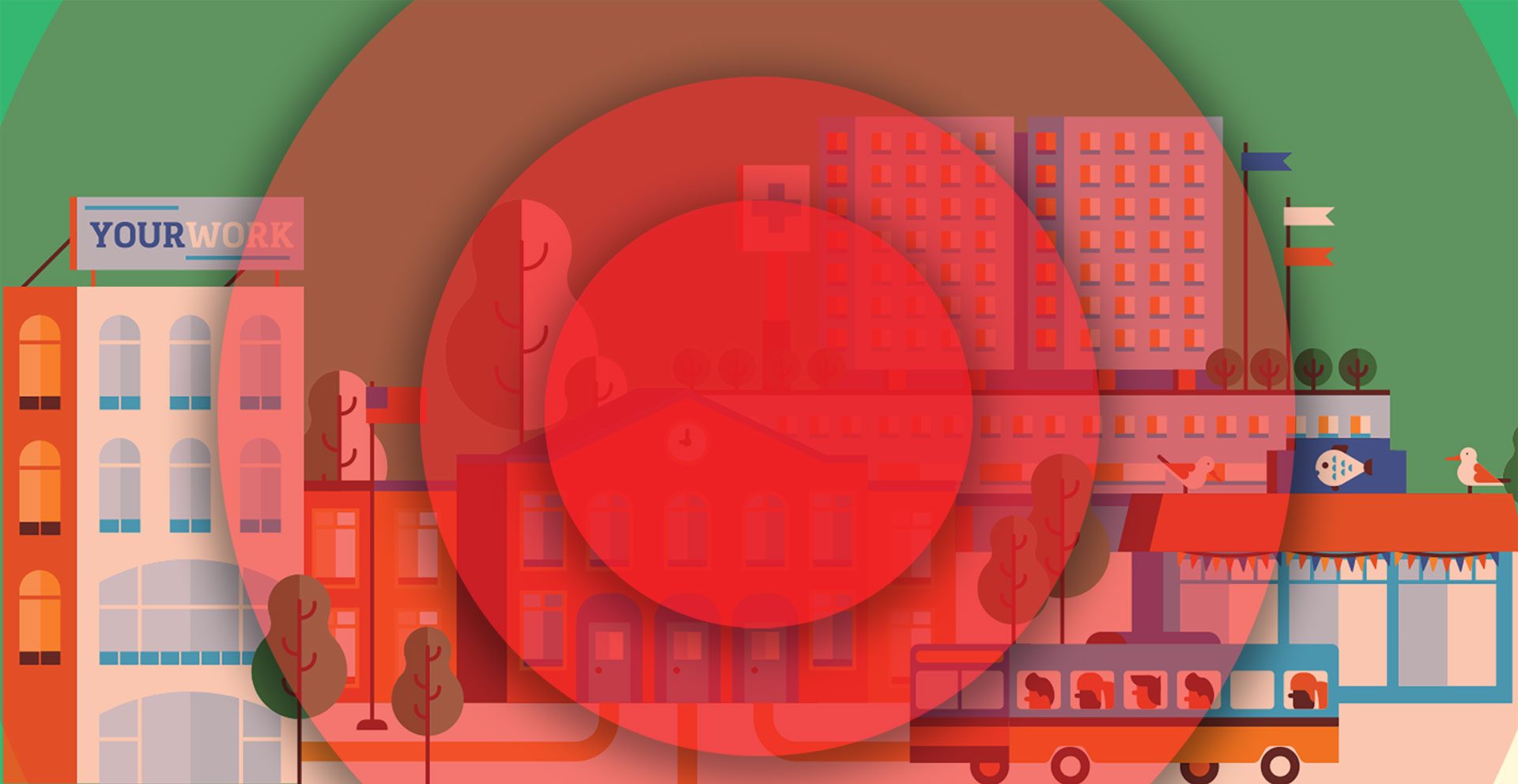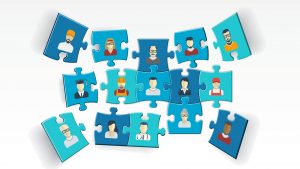
Disasters Happen
It's not a matter of if, but when.
At some point, you will face a significant emergency or disaster situation.
Will you be ready to make it through and eventually return to some sense of normal?
Let’s be honest.
Even short-lived power outages and transportation delays can become a crisis if you don't have a plan
in place, basic food and comfort supplies handy, and access to critical resources. In a large disaster,
the things you rely on everyday will be significantly disrupted, and help may be weeks away.

- Roads and bridges may be damaged and unsafe to use. All transportation (including cars, buses, and trains) could stop. People won’t be able to get anywhere easily.
- Stores (if opened) will quickly run out of supplies and may only accept cash payments.
- Utilities (including electricity, water, and sewer systems) may be damaged and unavailable for weeks.
- Without power, gas stations can’t pump gasoline and ATM machines can’t dispense cash.
- Phones (both home and cell), cable TV, and Internet connections may not work. Even texting may be blocked. Batteries used for cell phone, radio, and flashlights will quickly die.
- Hospitals will likely be overwhelmed with injured people.
- Police, fire, and other emergency personnel will be busy with the most urgent life/safety needs.
Be Prepared.
Since you don’t know where you’ll be when disaster strikes, it’s important to be prepared at home, at work, at school, and in your community. This website offers tips and resources to equip individuals, businesses, schools, and community organizations to plan ahead for crises and empower the people who depend on them.




